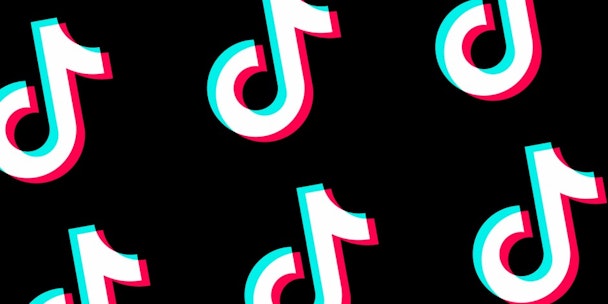US issues executive orders banning businesses from working with WeChat and TikTok
President Donald Trump has passed two executive orders prohibiting American companies from doing business with WeChat and TikTok.

US president Donald Trump signed the orders, following up from his agreement with Microsoft CEO Satya Nadella.
The order comes into effect in 45 days, after the deadline set by president Trump for Microsoft and TikTok-owner Bytedance to hammer out a deal for a takeover of the platform's US operations.
“Additional steps must be taken to deal with the national emergency with respect to the information and communications technology and services supply chain,” said Trump.
“The spread in the United States of mobile applications developed and owned by companies in the People‘s Republic of China (China) continues to threaten the national security, foreign policy, and economy of the United States.“
TikTok has released a statement on the ban, vowing to "pursue all remedies available to us" to oppose it.
The company said: “This executive order risks undermining global businesses’ trust in the United States’ commitment to the rule of law, which has served as a magnet for investment and spurred decades of American economic growth. And it sets a dangerous precedent for the concept of free expression and open markets.
“We will pursue all remedies available to us in order to ensure that the rule of law is not discarded and that our company and our users are treated fairly – if not by the Administration, then by the US courts.“
The proposed ban on Tencent-owned WeChat could widen the debate concerning potential threats to data security from apps and platforms owned by Chinese companies – until now, the president has only named TikTok as a potential risk. The super app boasts more than a billion users worldwide, including users inside the US that the service to communicate with their families back home in China.
Tencent is a investor in US firms like Tesla, Reddit and Spotify, and also owns a 48% share of Epic Games, maker of Fortnite. Shares in Tencent fell 9% in Hong Kong after the order was issued.
In July, the US House of Representatives voted to ban federal employees from downloading TikTok on government-issued devices.
Why is this happening?
- TikTok’s US user data is stored in the US and its biggest investors come from the US, but the Trump government believes the platform is sharing information with the Chinese government, citing China’s establishment of a sweeping new national security law for Hong Kong.
- The US wants to follow the example of India; the country’s Ministry of Electronics and Information Technology has placed a blanket ban on 59 mobile apps from Chinese companies that it said “engaged in activities prejudicial to sovereignty and integrity of India, defence of India, the security of the state and public order”.
- Some believe the US is wary of the potential of Chinese tech giants such as TikTok, WeChat and Weibo, expanding beyond their borders.
- In China, the likes of Twitter, Facebook, Google and YouTube are banned.
- TikTok generated revenue of $5.6bn during the first quarter, growth of 130% year-on-year, and in April surpassed 2bn downloads across both iOS and Android devices, according to Sensor Tower.
- During Q1 alone, TikTok saw installation numbers of 315m – the largest download figure for any app to date in a single quarter. That surge was, in part, driven by the global Covid-19 lockdowns, but also by advertising – mainly through Snap – to build its young user base. It has caught the attention of older users, too.
- TikTok’s rival Facebook is under heavy pressure from its core advertisers to change its moderation policies on hate speech. Bytedance, on the other hand, has taken a more proactive approach; last year it was the first platform to ban political advertising.
- A group of TikTok users conspired to embarrass Trump on the re-election campaign trail, when thousands registered fake sign-ups for a rally in Tulsa, Oklahoma – a feat they attempted to repeat in New Hampshire – resulting in half-empty rallies.

